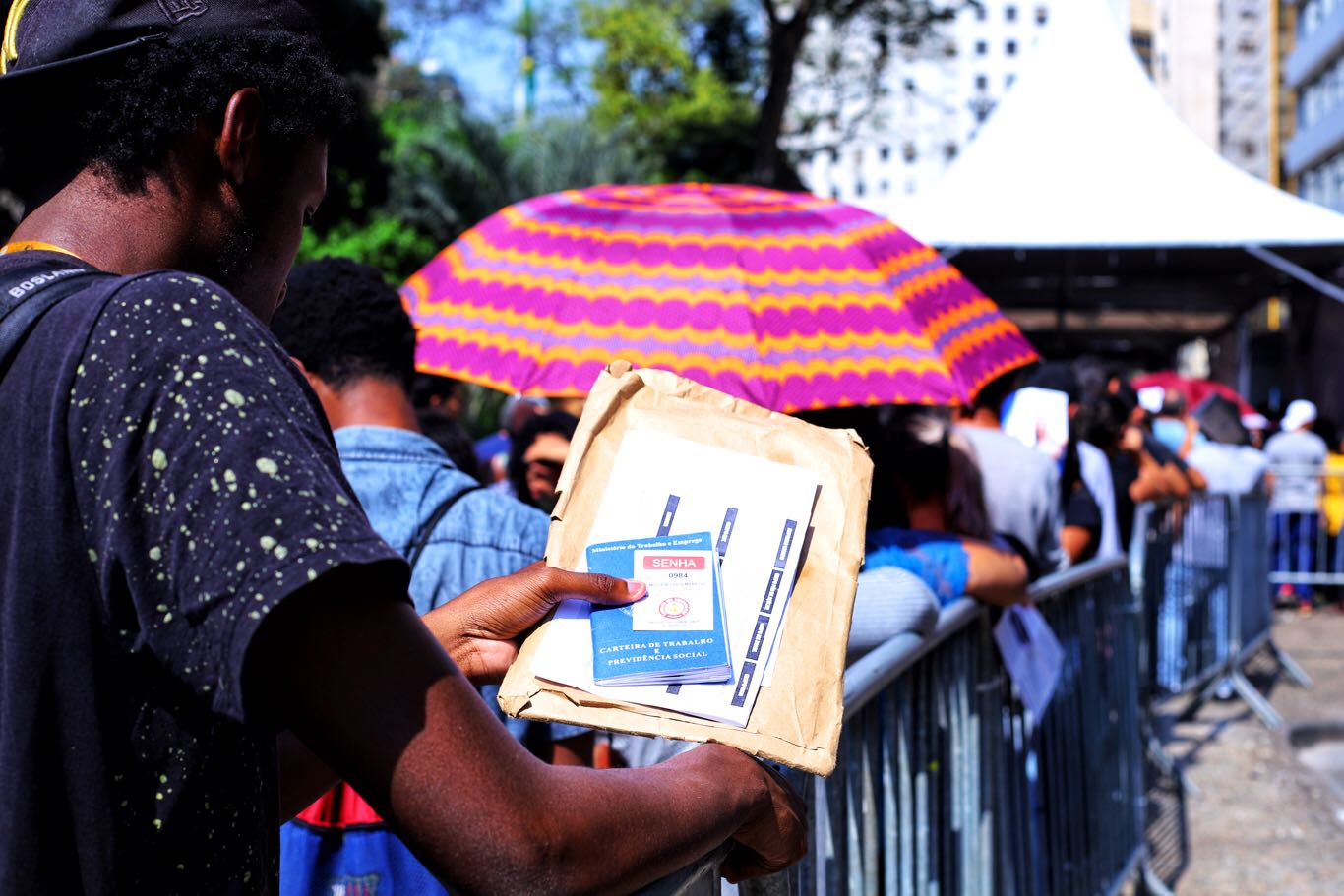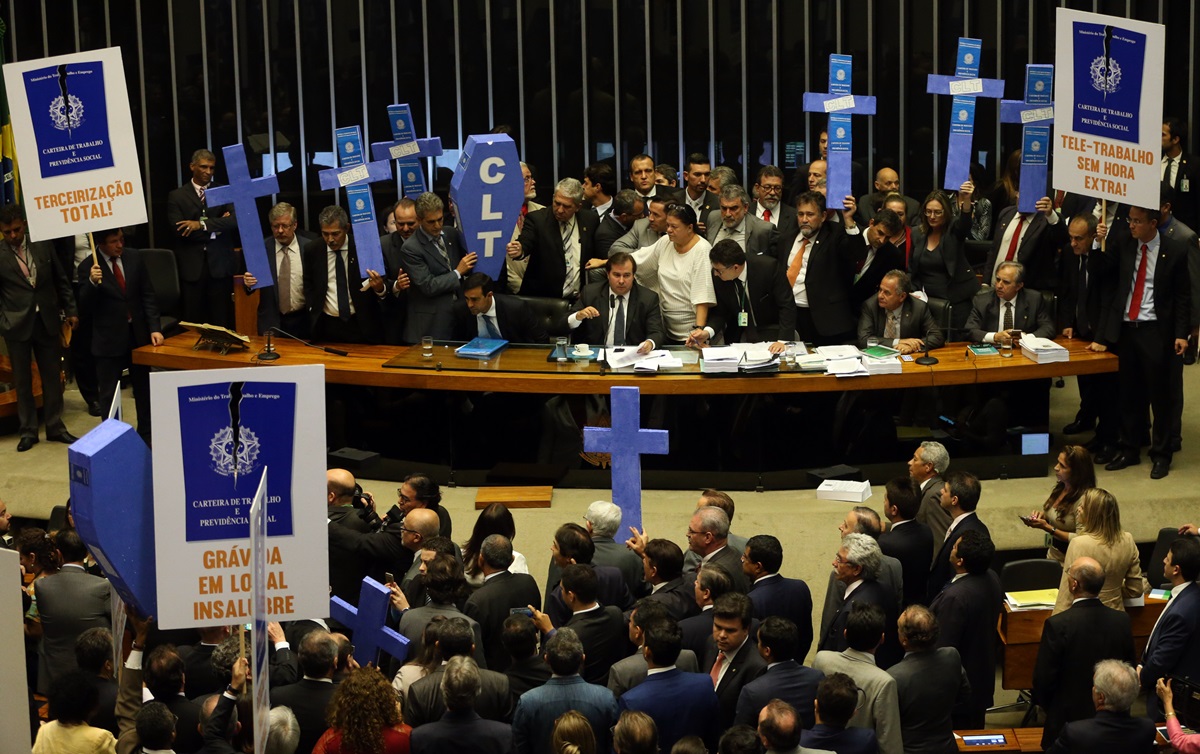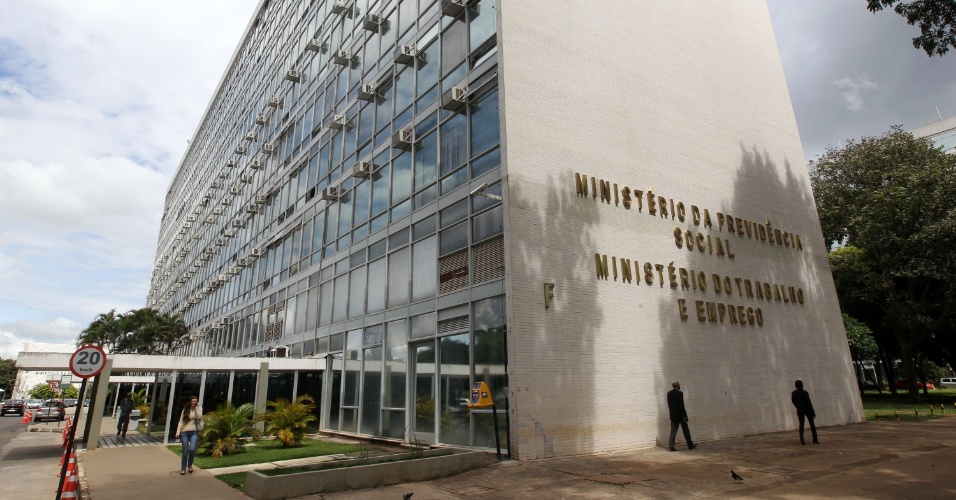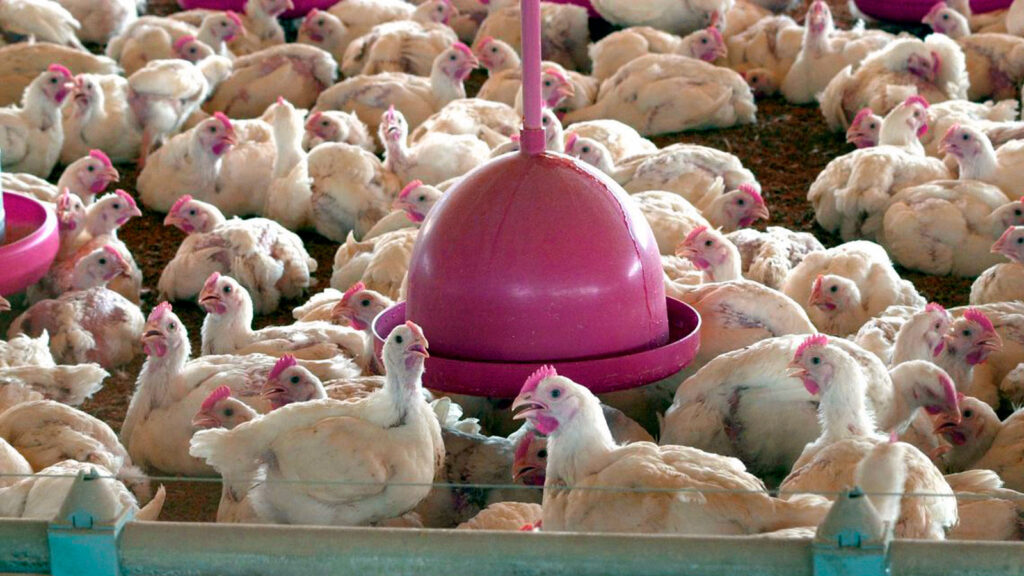Creating jobs is not enough; it is necessary to combat labour informality and guarantee decent working conditions. For this to happen, reviewing the labour reform is essential, in addition to strengthening the Ministry of Labour and raising the minimum wage. These must be the priorities of the Luiz Inácio Lula da Silva (PT) administration with regard to protecting workers, according to experts heard by Repórter Brasil.
“Of course you need to create jobs, but these jobs must provide for decent lives. This doesn’t depend only on how the economy works out. It depends on employment policies, enforcement agencies and means of protection,” says Laís Abramo, former director of ILO’s (the International Labour Organization) office in Brazil and one of the coordinators of the transition government’s group discussing the subject.
Experts heard by Repórter Brasil agree that the measures will have to be implemented in a scenario of poor labour relations. While unemployment rates are falling – from 14.9% in the first quarter of 2021 to 8.3% at the end of October 2022, according to the Brazilian Institute of Geography and Statistics (IBGE) – this trend does not reflect the quality of the jobs that are being created. The survey also showed that, in the same period, informality reached 39.1% of the approximately 99.7 million working Brazilians, after a record 40.2% of people employed in these conditions in the first quarter of 2022.

“In practice, this means that four out of ten workers are unprotected. If this dismantling [of labour rights] is the ‘new reality’ [of the world of labour], it hasn’t helped workers’ lives, nor has it contributed to improve the economy, which benefits from the job creation,” says Ivone Silva, president of the Union of Bank Employees of São Paulo, Osasco and Region. IBGE considers as informal workers those who do not have formal contracts, self-employed people without formal registration, app couriers and drivers, domestic workers without contracts or people who carry out other activities without enjoying labour rights or contributing to Social Security.
Informality has increased – a worldwide trend, according to the ILO – even more with the Covid-19 pandemic and worsen inequalities such as wage gaps between men and women or whites and blacks, says a joint report produced by the ILO and the Economic Commission for Latin America and the Caribbean (ECLAC).
To reverse this scenario, experts interviewed by Repórter Brasil listed the following priorities:
1. Increasing the minimum wage
Resuming the policy of raising the minimum wage was a major campaign promise of the President-elect. And it must be the number one priority, according to those experts. They say that the policy is important not only to reduce poverty but also to make the formal job market attractive. It can also correct the effects of increased social inequality caused by inflation.
Currently at R$ 1,212, the minimum wage value is adjusted annually considering inflation rates as measured by the National Consumer Price Index (INPC) plus a raise that increases workers’ earnings beyond the higher cost of living. However, in early 2022, the minimum wage was adjusted only by the INPC, without any real increase.
“This policy was a very important aspect of the Lula and Rousseff administrations; it was negotiated with unions and employee associations and it led to a minimum wage adjustment of over 70%, with real increase [above inflation] and, consequently, poverty reduction. The new government is already negotiating this,” says Abramo.
2. Reviewing the labour reform
Another point seen as essential is to review the labour reform, especially with regard to intermittent labour and unequal payment of compensation for moral damages.

Unions and labour rights authorities consider that the reform carried out in 2017 by the Michel Temer administration (2016-2018) in Brazil’s labour code known as Consolidation of Labour Laws (CLT) caused more losses to the working class than the gains that were promised at the time.
“The reform was very drastic and uneven for the world of labour, compared to other segments. Some issues have already been corrected by the Federal Supreme Court, such as access to Justice and pregnant women’s work. But society wants a review,” observes Luiz Colussi, who is the president of the National Association of Labour Judges (Anamatra).
According to Colussi, the main points to be reviewed by the next administration include changing intermittent labour regimes and the calculation of compensation for moral damages.
Another important point, according to the experts, would be strengthening labour unions. “In the new Lula administration, CUT and other union federations are expected to have a place in debates on all topics related to the world of labour. It is also necessary to build a proposal for funding unions that replaces the so-called union tax. However, it’s important to stress that we advocate that any deduction [on employees’ paycheck] should only take place after workers debate and approve it in assemblies,” says Douglas Izzo, president of CUT-SP.”
“In addition [to the labour reform], there is the law on unrestricted outsourcing, also enacted during the Temer administration, which allows banks to outsource their core activities. All these tend to disrupt of an already fragile job market even further. This trend fragments union bases and therefore workers’ organization,” adds Silva, from the Bank Workers’ Union.
Anamatra published a document with points to be improved in the legislation, such as app workers’ subordination to algorithms.
3. Protecting app workers
For years, the nature of the relationship between app drivers and couriers has been the subject of controversy and conflicting court decisions. At first, the platforms claimed that they only connected customers and self-employed service providers. Today, however, some of them admit the possibility of extending rights to workers – as long as employment relations along CLT lines are not acknowledged.
The president of the São Paulo section of the Association of App and Self-Employed Motorcycle Couriers of Brazil (AMABR), Edgar da Silva, speaks of caution. When apps “impose regular employment conditions on couriers,” unilaterally determining payment and requiring compliance with minimum working hours, CLT rules should apply, he said to Repórter Brasil in an interview in August.
The member of the Rio de Janeiro drivers’ association (AMA-RJ), Marcelo Adifa, stated at the time that he opposed acknowledging the employment relationship. He said that “a new legislation should not complicate relations between apps and drivers, but rather guarantee rights that drivers don’t enjoy now.”
4. Reinforcing inspection teams and means
Not only has the number of informal workers increased in Brazil but the workforce as a whole is also larger. IBGE estimates that 99.7 million Brazilians held some form of job at the end of October 2022. However, the number of labour inspectors working for the Federal Government has not kept up with that growth.
The National Union of Labour Inspectors (SINAIT) estimates that 40% of positions in this sector are vacant, since there have not been enough public exams to hire new staff. Currently, according to SINAIT, there are just over 2,000 civil servants to enforce regulations for the entire Brazilian labour market.

Another important measure for strengthening labour law enforcement is reviewing the executive orders published by the administration of Jair Bolsonaro (PL) that undermined rules, such as regulatory norms (RNs) setting the severity and value of fines. An example was an attempt to change RNs applicable to meatpackers, in April 2021, undermining the protection of employees in that industry.
“There were norms that undermined enforcement itself, taking away powers from inspectors – those who work at the end, who go to factories, to rural properties. And they are the ones on the frontline, checking working conditions,” says Colussi.
5. Strengthening the Ministry of Labour
When the experts speak about resuming the role of the Ministry of Labour, they are referring to it as the central meeting point for discussing the main labour rights issues in the country. Before the Bolsonaro administration, the ministry used to house, for example, tripartite committees including workers, employers and government officials to align the administration’s actions on the world of labour.
According to Abramo from the Transition Working Group, it is important that the future ministry recreates such participatory spaces. “Several collective settings that use to make up the structure of the Ministry of Labour were destroyed or highly undermined. In the whole issue of tripartite social dialogue, there were spaces for prevention and eradication of slave labour and child labour, which became international references, but they were closed or compromised.”
In addition, financial resources for the Ministry are still critically low. Repórter Brasil showed that at the end of this year, after the successive cuts in the labour budget, the teams that investigate reports of violations in Minas Gerais ran out of funds to carry out operations. The lack of money jeopardized not only the inspection of cases of slave or child labour but also all the Ministry’s actions to combat informality and prevent accidents and occupational diseases in the state.
“We know that one of Bolsonaro’s decisions in his early years — and which is unanimously seen as negative — was to extinguish the Ministry of Labour and turn it into a department under the Ministry of Economy. That not only means loss of staff and budget but it also shows that labour is subordinated to a strong financial vision,” Abramo observes.

